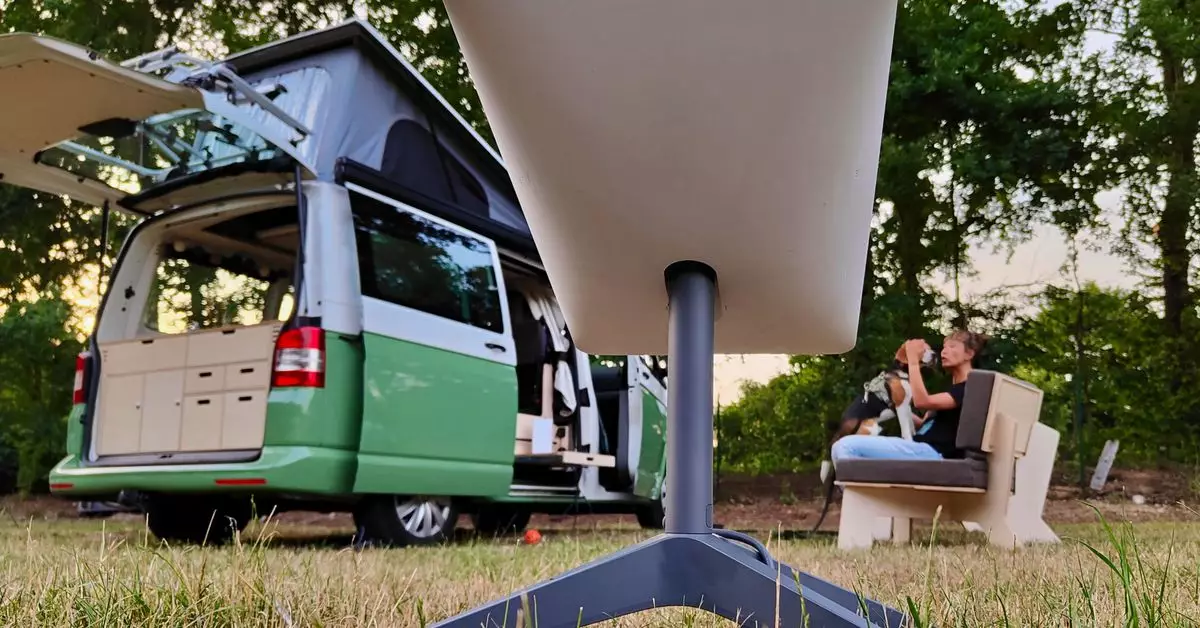In a landmark decision, the European Union has solidified its commitment to enhancing satellite communications through a substantial agreement for the IRIS² satellite constellation. This initiative, which will comprise a formidable fleet of 290 satellites operating from both medium and low Earth orbits, aims to establish a strong contender in the global satellite internet space against Elon Musk’s Starlink. With an investment of €10.6 billion, roughly $11 billion, the project is not merely a technological endeavor but a strategic move that promises not only to bridge connectivity gaps across Europe but also to boost the continent’s digital sovereignty.
The development and deployment of the IRIS² constellation are entrusted to SpaceRISE, a consortium formed by noted European satellite operators such as SES, Eutelsat, and Hispasat. This partnership is bolstered by subcontractors like Airbus and Deutsche Telekom, showcasing a concerted effort between public and private sectors to drive innovation in satellite communications. This collaboration is pivotal in ensuring that not only governmental entities but also private enterprises and everyday European citizens can access high-speed internet, particularly in areas where connectivity has historically been scarce or non-existent.
IRIS² stands for Infrastructure for Resilience, Interconnectivity, and Security by Satellite. Its underlying ethos is to empower Europe with greater control over its own digital infrastructure, safeguarding it against external dependencies and vulnerabilities. By fostering a satellite networking environment that prioritizes resilience and interconnectivity, the EU seeks to secure its critical infrastructures while simultaneously uplifting rural and underserved communities. Henna Virkkunen, Executive Vice-President for Tech Sovereignty, Security, and Democracy, highlighted the potential of this initiative by asserting that it exemplifies the triumph of public-private cooperation in reimagining the continent’s digital landscape.
In a climate where satellite communications are increasingly becoming dominated by a few key players, particularly SpaceX’s Starlink—which boasts an impressive fleet of over 7,000 satellites launched since 2018—the EU’s IRIS² initiative is a critical countermeasure. Jessica Rosenworcel, chair of the Federal Communications Commission (FCC), has articulated the need for heightened competition to challenge monopolistic trends in space connectivity. The aim is not just to provide internet access but to democratize it, ensuring that a single entity does not have the power to dictate terms on such an essential resource.
As we look ahead to 2030, when the IRIS² constellation is projected to become operational, the implications of this program extend beyond mere satellite deployment. It symbolizes a new paradigm of European self-reliance, security, and innovation in the face of global challenges. Through this initiative, the EU is not only paving the way for enhanced communications but is also taking significant strides towards redefining its role in the global tech ecosystem. The successful realization of IRIS² could indeed reshape the future of connectivity, making high-speed internet a universal commodity accessible to all, particularly enhancing the prospects for growth in previously disconnected regions.

